Rubinger Fellowship
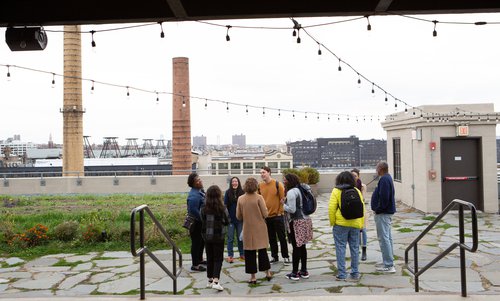
A LISC Fellowship Comes to an End, But the People and Work It Nurtured Are Forging Ahead
The Rubinger Community Fellowship has come to an end after five years, having supported more than four dozen community developers in mid-career with funding and professional support. According to the Fellows, the time and space for ideation and experimentation it afforded them were a rare gift, and will continue to bear fruit for years to come.
Evaluation of LISC’s Rubinger Community Fellowship
A study from The Wilder Institute on LISC's Rubinger Fellowship shows the power of flexible funding, peer-to-peer learning, and an increased need for paid, professional mentorship throughout the Fellowship.
Learn More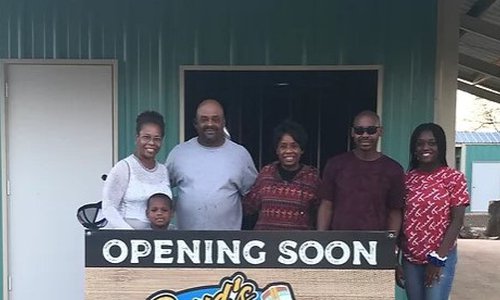
LISC-NPQ Series: Overcoming Financial Trauma in Rural America
In the fourth installment of the LISC-NPQ series, “Community Strategies for Systemic Change,” LISC partner and Rubinger Fellow Joseph Ceasar explains the high cost of financial PTSD on rural communities of color, as in Lufkin, Texas, where he runs the Legacy Institute for Financial Education. Among a range of intensive strategies Ceasar stands behind is “a trauma informed approach rooted in listening to people’s stories and helping them address challenges arising from personal and family history.” Along with budgeting, lending and technical assistance, this approach can help people can break deeply embedded patterns and step onto the path to building financial stability and generational wealth.

LISC-NPQ Series: Why Access to Education Is Key to Dismantling Mass Incarceration
In the second essay from the LISC and Nonprofit Quarterly series “Community Strategies for Systems Change,” Syrita Steib, a 2020 LISC Rubinger fellow and founder of Operation Restoration in New Orleans, describes how access to education in prison and after is a crucial tool in the long-haul work of prison abolition. At Operation Restoration, led by formerly incarcerated women, transformation is achieved through multiple avenues in its policy and programmatic work. As Steib notes in the piece, “it’s clear to me that education inside prison changes the prison’s culture and environment and, therefore, can be a powerful tool for change.”
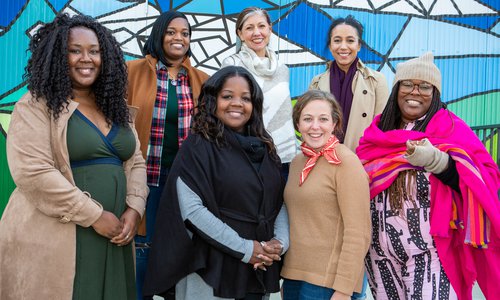
LISC Announces 2022 Rubinger Community Fellows
LISC has named the 2022 winners of the Rubinger Community Fellowship, an annual program that invests in local leaders focused on testing forward-thinking ideas and catalyzing grassroots opportunities in the communities where they live and work. Each of the 10 fellows will spend the next year developing programs and researching strategies to explore areas for growth within their communities.

“A Push for More Radical Conversations”: Rubinger Fellow Liz Ogbu on Building for Spatial Justice
Liz Ogbu, designer, urbanist and 2021 Rubinger Fellow, illuminates the ways our built environments have created and reinforced racial and class inequities. She’s also here to show us how communities can collectively envision—and enact—environments that repair the harms of injustice embedded, over the course of many generations, in the places we live and work.

“It Can Be Okay for You, Too”: Kelly Wofford on Promoting Mental Health with Peer Support—and Radical Transparency
Kelly Wofford, a 2021 Rubinger Fellow and seasoned community engagement professional in Buffalo, NY, knows that mental health is a critical but underrecognized basis for the overall wellbeing of people and communities. Her frank approach to mental-health skills building as a speaker, peer coach, and workshop facilitator begins by letting go of secrets and shame.
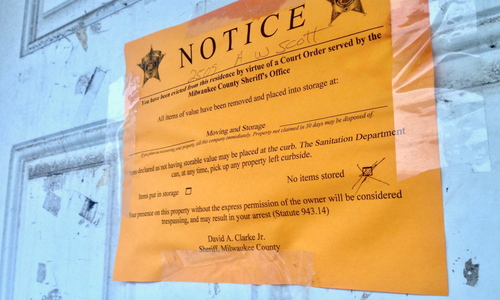
Bringing the Power of Data to the People: Q&A with Branden DuPont
Branden DuPont, a 2021 Rubinger Fellow and data analyst in Milwaukee, created a property ownership mapping tool that has the potential to change the way cities handle evictions: “Who Owns What” makes it possible for local stakeholders to identify where evictions are happening, who owns those properties, and which landlords are the city’s most prolific evictors. DuPont sat down with us to explain how it works and why it’s so critical.
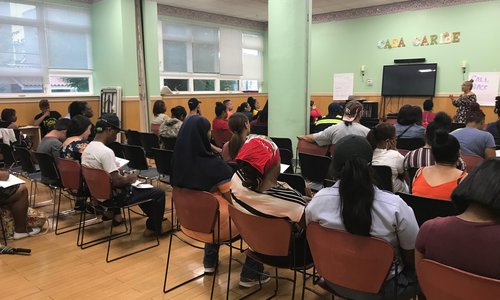
In Philadelphia, LISC Partners with HACE to Ensure Vital Housing Programs During Pandemic
Keeping people housed during the COVID-19 pandemic has been a vital public health strategy, as well as a critical aspect of local community development strategies. So, when the Philadelphia-based Hispanic Alliance of Contractors and Enterprises (HACE) ran into city funding delays under two housing services contracts, the nonprofit began fronting the cash to make sure it could continue to help keep at-risk families in their homes.
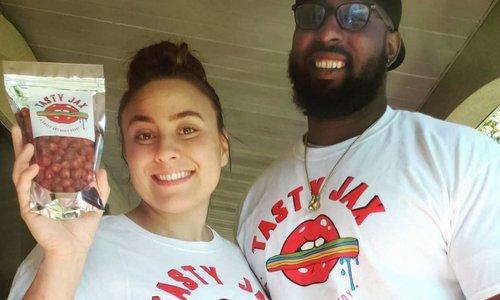
In Rural Texas, Seeding Small Businesses, and Generational Wealth, with the Help of Kiva—and a Kiva Trustee
Kiva loans supported by LISC are a lifeline of zero interest capital to dozens of micro-business owners in underserved places across the country. But just as critical to the loan’s success as an entrepreneur’s dreams and drive is the role of the Kiva trustee—a trusted, community-based partner who supports borrowers from application and business development all the way to loan repayment. Joseph Ceasar, founder and CEO of Legacy Institute for Financial Education in rural Lufkin, TX is an exemplary Kiva trustee, on a mission to bring financial know-how and stability and generational wealth-building back to his community.